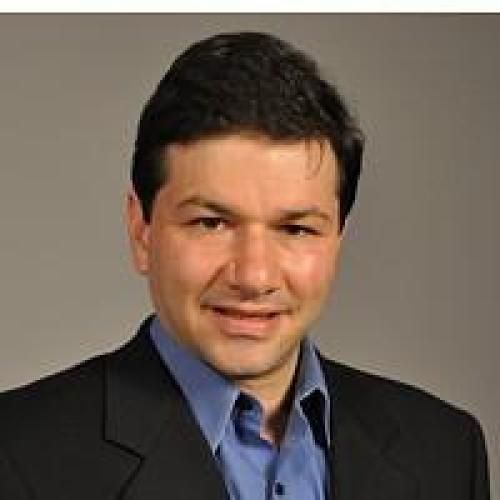
Blinding curiosity: Exploring preferences for “blinding” one's own judgment
We perform the first tests of individual-level preferences for “blinding” in decision making: purposefully restricting the information one sees in order to form a more objective evaluation. For example, when grading her students’ papers, a professor might choose to “blind” herself to students’ names by anonymizing them, thus evaluating the papers on content alone. We predict that curiosity will shape blinding preferences, motivating people to seek out (vs. be blind to) irrelevant, potentially biasing information about a target of evaluation. We further predict that decision frames that reduce or satisfy curiosity about potentially biasing information will encourage choices to be blind to that information. We find support for these hypotheses across seven studies (N = 4,356) and multiple replications (N = 9,570), demonstrating consequences for bias and accuracy across a variety of evaluation contexts. We discuss implications for research on mental contamination as well as the “dark side” of curiosity.
Duke Scholars
Published In
DOI
ISSN
Publication Date
Volume
Related Subject Headings
- Social Psychology
- 52 Psychology
- 35 Commerce, management, tourism and services
- 17 Psychology and Cognitive Sciences
- 15 Commerce, Management, Tourism and Services
Citation

Published In
DOI
ISSN
Publication Date
Volume
Related Subject Headings
- Social Psychology
- 52 Psychology
- 35 Commerce, management, tourism and services
- 17 Psychology and Cognitive Sciences
- 15 Commerce, Management, Tourism and Services


